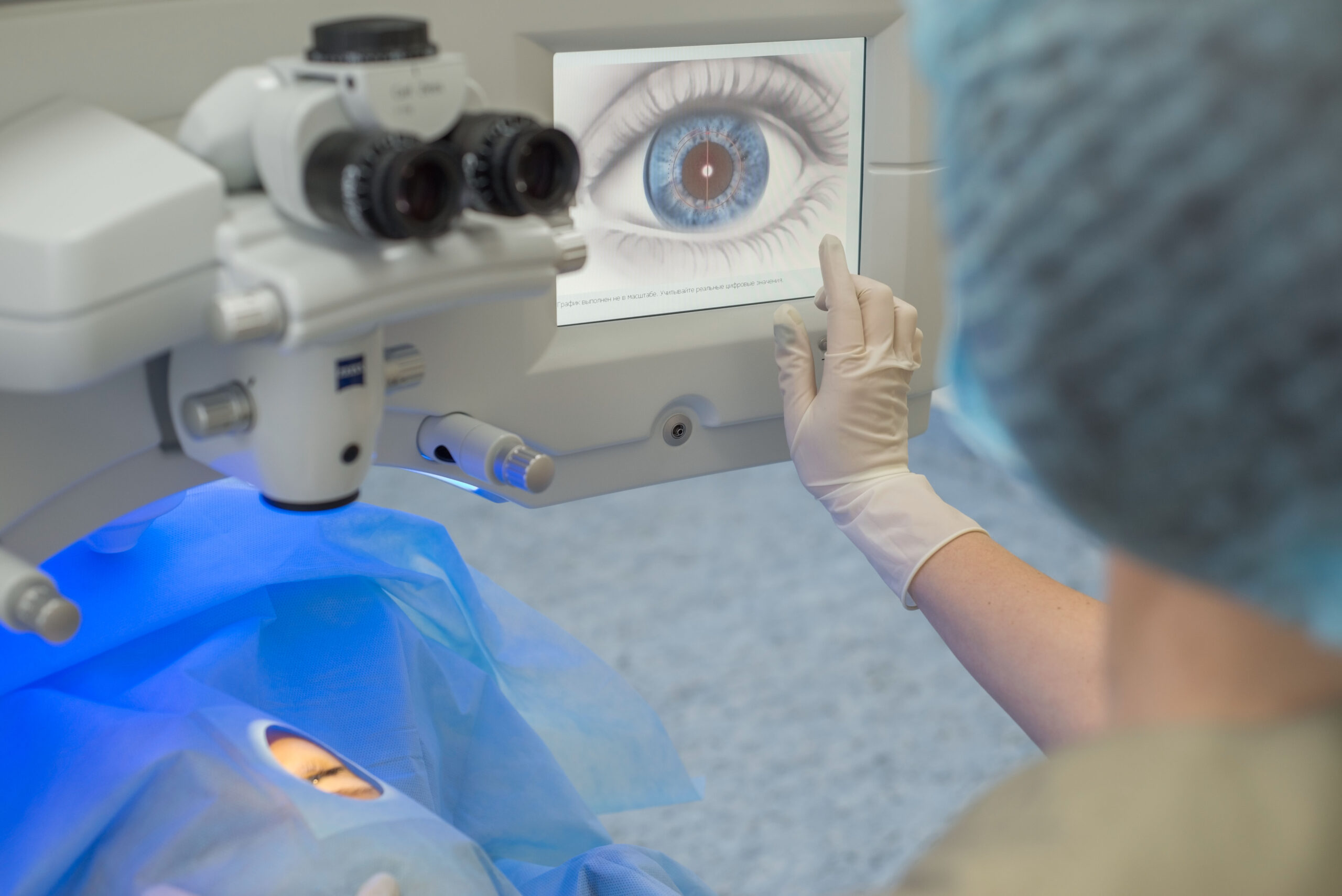

The roots of *Cynthia’s fascination with China can be found in Pearl S. Buck’s portrayal of early 20th century Chinese village life in the novel The Good Earth.
“I read her books as a young girl and ever since China has been my place,” Cynthia says. “I’m fortunate enough to have traveled there several times.”
Travel being Cynthia’s favorite hobby, China is one of the dozens of countries she’s visited. For years, those trips were plagued by an annoying vision problem.
“I had a bad habit of losing my glasses,” the 70-year-old paralegal says in frustration. “That was a real problem because I had different glasses with different strengths.
“I had regular glasses and reading glasses, and I had a tendency to leave them everywhere and forget where I left them. They were a necessary nuisance. I hoped contact lenses would be a solution, but that proved futile. They were too hard to handle, and I would tear them. One day, I was talking to my eye doctor about it, and he suggested I talk to Dr. Weinstock.”
Robert J. Weinstock, MD, is the director of cataract and refractive surgery at The Eye Institute of West Florida. When Cynthia first went to see Dr. Weinstock, her distance vision measured 20/70 and her reading vision measured 20/400.
“As a paralegal, she was doing work at all different ranges of vision, and because she was never comfortable with contact lenses, she had these different strengths of glasses. It had become a problem for her,” Dr. Weinstock says.
A Common Problem
The problem Cynthia had is not unique. Most everyone’s vision changes naturally as they age. In particular, near, or reading, vision deteriorates to a point where reading glasses become necessary for anything done in the near-vision field.
When that change occurs in conjunction with changes in distance or intermediate vision, people may need different strengths of eyeglasses or a combination of contact lenses and reading glasses to see clearly at all distances.
“Even with people who had a laser vision correction procedure done when they were in their 20s or 30s, by the time they reach their 40s, the natural lenses in their eyes start to change,” Dr. Weinstock informs. “That happens to everybody, and eventually, around age 65 or so, that lens starts to get cloudy. That’s a cataract, and when cataracts develop, our vision gets blurry, colors fade, and we need to take that natural lens out and replace it.
“What we can do for people such as Cynthia, who did not have a cataract but did have a desire to get out of her glasses, is a procedure called clear lensectomy, where we remove the natural, dysfunctional lens and replace it with a new, clear lens.”
A “Joyful” Outcome
The procedure is similar to cataract surgery. A laser is used to remove the old lens and repair any astigmatism. A special machine is used to determine the strength of the replacement lenses while the surgery is being performed.
“This is a great solution for anyone between the ages of 40 and 80 who doesn’t have cataracts and still sees well with their glasses or contacts,” Dr. Weinstock advises. “It’s like LASIK surgery for anyone over 40.
“One of the best things is it prevents cataracts from developing because the new lens will stay clear for the rest of your life. So, by getting this done, you can avoid all the problems that come with the development of cataracts.”
Greatly intrigued by the advantages associated with the clear lensectomy, Cynthia chose to have it done. Her surgeries were performed one eye at a time, a couple of weeks apart. She noticed a difference in her vision immediately after the first surgery.
“The day after I had the first surgery, it was like a miracle had happened,” she says. “I got up and went outside, and I couldn’t believe it. All of a sudden, everything was crisp and clear. Even colors seemed brighter. And this was without any glasses.
“I was absolutely joyful, and when I went back and got the other eye done, it was as though I had the same experience all over again. It’s been wonderful ever since. I see better than ever, no matter what I’m doing, and I’m doing it all without glasses. It’s great.
“My experience with Dr. Weinstock was great, too. I’m so glad I went to see him and that he suggested this clear lens option. I tell all my friends about it because it’s made my life so much easier, and I see better than ever.”




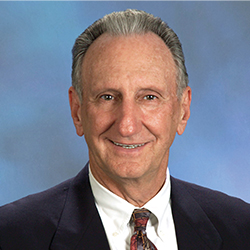




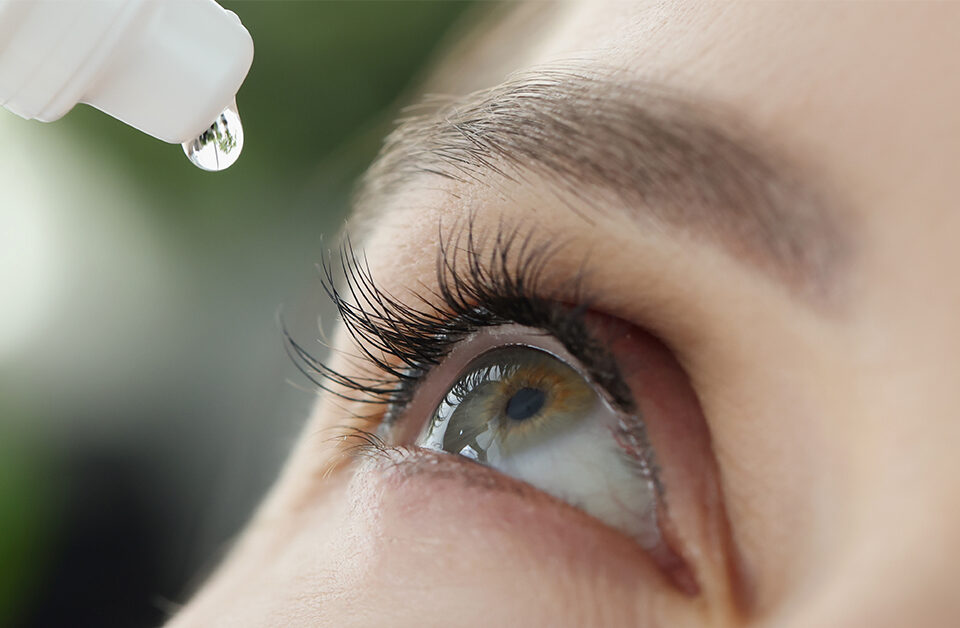

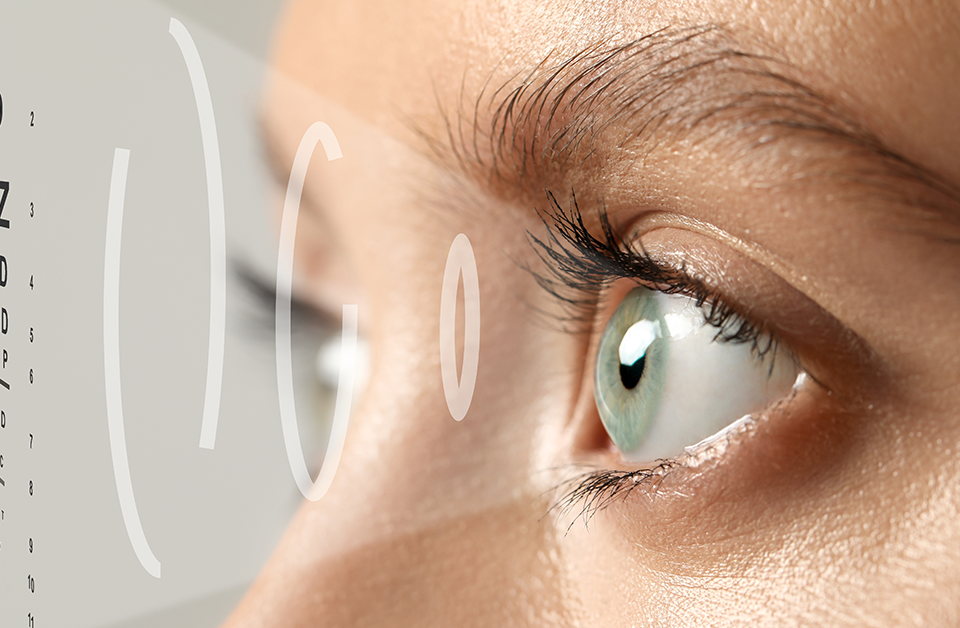
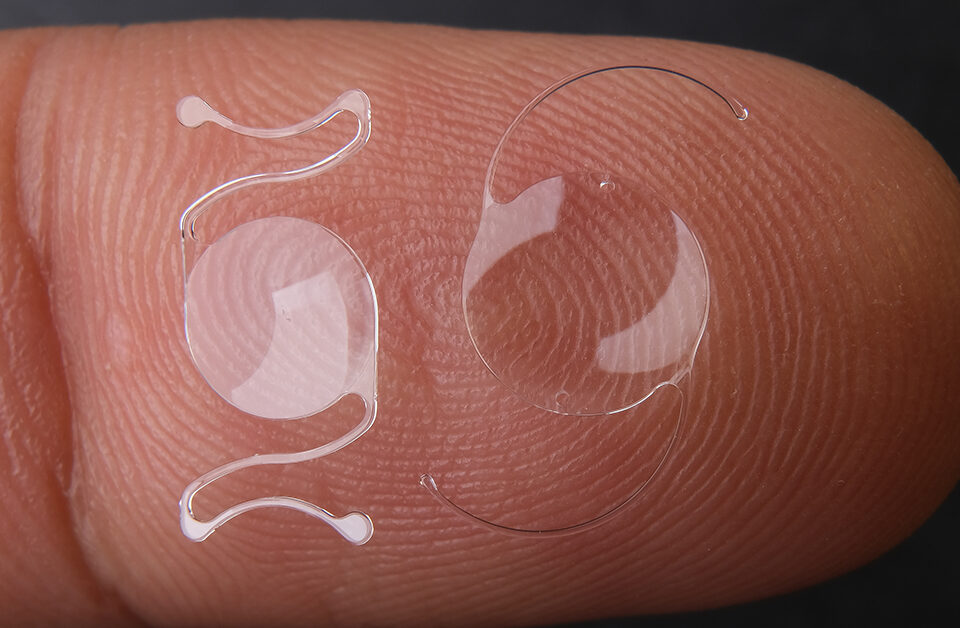
Leave a Reply